City to Leave Ex-Congressman’s Name on Pool; ‘It’s Just Sort of Galling,’ Grandson Says
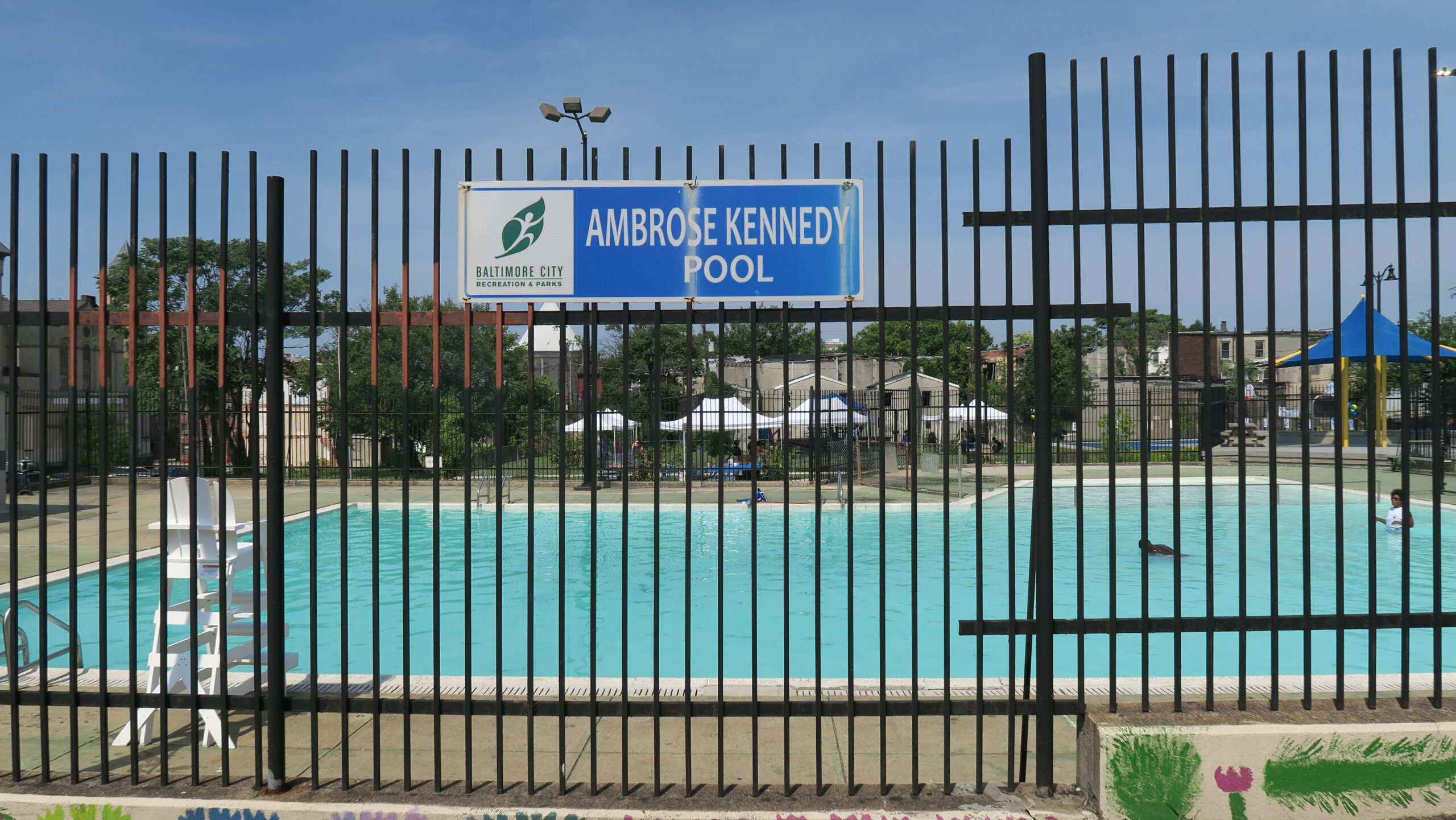
City officials say they will take no further action at an East Baltimore park that was officially renamed for Henrietta Lacks last month, erasing any reference to a former congressman to whom the site had been dedicated nearly 68 years ago.
Some of the late Democratic icon’s family members, who did not know of the name change until told by a reporter after the fact, had hoped a plaque could be erected on the site detailing its history and significance – and including their forebear’s name, Ambrose J. Kennedy.
But instead, city officials have decided that an outdoor swimming pool in the 1.75-acre park will continue to be known as the “Ambrose Kennedy Pool,” in honor of the former congressman, state senator, city councilman and power broker, who had long represented the area, East Baltimore’s Tenth Ward, once a stronghold of Irish political muscle.
The neighborhood “walk-to” pool, which is open generally from mid-June to Labor Day each year, was added to the park nearly a quarter century after the playground was dedicated to Kennedy’s memory in 1951 by then-Mayor Thomas J. D’Alesandro Jr.
The rest of the site, which underwent a long-needed $1.3 million overhaul last year, was officially renamed July 20 the Henrietta Lacks Educational Park, for the African-American woman who died of cancer at nearby Johns Hopkins Hospital in 1951, a then-anonymous and unknowing cell donor.
Both the public park and pool are on the west side of Harford Avenue between East Chase and East Eager streets, in the city’s Johnston Square neighborhood.
“We now have a public space that honors two wonderful individuals, and that’s something that the city should be proud of – and that’s something that the city can be proud of,” said Lester J. Davis, chief of communications and government relations for Mayor Bernard C. “Jack” Young, a Democrat.
Davis said that he did speak with a member of the Kennedy family – a grandson of the former congressman – and found him to be “very happy” to learn that his “relative still had a placard in the space” at the pool.
The sign identifying the “Ambrose Kennedy Pool” in the park “never came down,” Davis said in an interview this week. “The pool’s still named for their relative.”
A blue-and-white sign reading “Ambrose Kennedy Pool” remains wired onto the Harford Avenue side of the black steel fence surrounding the pool, where it was on the day of the renaming ceremony.
Davis said the Kennedy grandson “did not have any additional questions,” when they spoke.
But the grandson, J. McDonald “Mac” Kennedy Jr., who resides in North Baltimore, seemed perplexed by that description.
“To say that I was ‘happy’ is certainly, I wouldn’t say not true, but a little misleading,” Kennedy said. “The whole thing has made me unhappy, to be quite honest.”
He said he was disappointed and frustrated by what had transpired but seemed resigned to the government’s recent actions.
“I just thought, you can’t fight City Hall,” said Kennedy, director of alumni relations for Boys’ Latin School of Maryland. “I mean, what is my recourse?”
His cousin, a granddaughter of the former congressman, M. Cara Erskine, agreed.
“We can’t do much of anything, can we?” Erskine asked. “They’re just going to leave the little blue-and-white sign up there on the fence.”
‘Some little friction’
City Councilman Robert R. Stokes Sr., a Democrat representing East Baltimore’s District 12, which includes the site, introduced legislation last year to change the name of the Ambrose J. Kennedy Park to the Henrietta Lacks Educational Park.
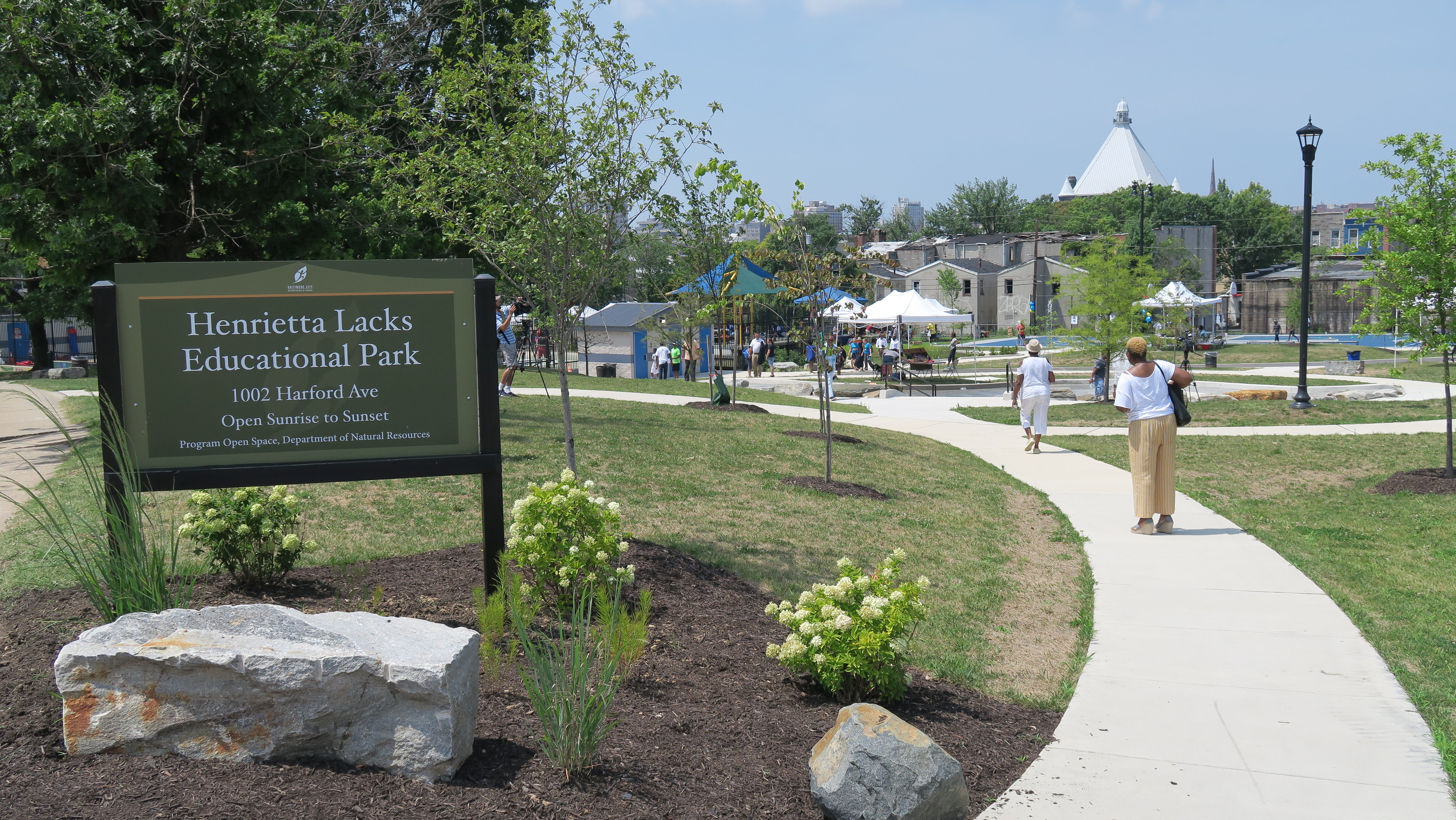
Photo by William F. Zorzi
Stokes said he wanted simply “to honor Henrietta Lacks,” the now-well-known subject of a 2010 book about her “immortal cells” and an HBO film with Oprah Winfrey.
By contrast, Stokes said at the July 20 re-dedication ceremony that he had to look up Ambrose J. Kennedy to learn he was a congressman. He wondered aloud if anyone still knew the name.
“We don’t know the history of who Ambrose Kennedy was,” he said.
At last year’s Council hearing on his bill, no one came to speak in favor of retaining Ambrose J. Kennedy’s name on the park, he said. In fact, Stokes said, he did not know if members of the Kennedy family were even alive.
As it turns out, 13 of Kennedy’s grandchildren are alive, 10 of them in the Baltimore area.
Another of the former congressman’s grandsons, Lee McCardell Kennedy, Mac Kennedy’s brother, who resides in Baltimore County, has voiced disappointment in the city’s actions, but also feels unable to do much of anything about them.
Turning his attention to the pool, Kennedy, who is a Boys’ Latin upper school history teacher, posed a sort-of rhetorical question in response to Stokes’ comments about his grandfather.
“Why, after spending a lot of money to rehabilitate the park (and renaming it) …, would you not place better and more informative signage on the pool, especially since no one ‘knows who Ambrose Kennedy’ is?” Lee Kennedy asked.
Stokes said last month he wanted to rename the park for Henrietta Lacks in an effort to bridge a chasm between her family and Johns Hopkins Hospital – a relationship he described as having “some little friction.”
The mother of five children, Lacks lived in Turner Station in eastern Baltimore County, where she and her husband had moved from Virginia, after he found work at Bethlehem Steel.
Lacks’ “immortal cells,” known as “HeLa cells” in medical research, were taken from her, without her knowledge or permission, when she was diagnosed and treated for cervical cancer at Hopkins, where she died at age 31.
“HeLa” cells – an abbreviation using the first two letters of her first and last names, to mask Lacks’ identity – were discovered to reproduce quickly without dying, unlike other cells. Since that discovery, they have been used extensively in biomedical research and for commercial purposes.
Stokes said he thought changing the name to honor Henrietta Lacks would somehow “bring some positive dialogue” between her family and the hospital, as a Hopkins clinic, the East Baltimore Medical Center, is directly across Harford Avenue from the playground and pool.
The Kennedy descendants have repeatedly stressed that they are not upset by the honor given to Lacks, but rather by the fact that their grandfather’s name was stripped from the park, where it has been since 1951, and then, without an attempt to contact them.
“When I think back about the whole process, how can anybody be happy not knowing what was going on and then just to have this decision that there’s just going to be a little sign over there, and they didn’t even really explore who this individual was,” Cara Erskine said. “How can anybody be happy about that?”
A fig leaf?
Members of the Kennedy family believe that little-to-no consideration was given to eliminating the name of Ambrose J. Kennedy from the park beforehand, and that retaining his name on the park pool was a hurried afterthought, political cover offered by the only fig leaf city officials could find.
The City Council legislation, which passed unanimously and was signed into law by the mayor last year, explicitly states “that the name of Ambrose Kennedy Park, located at 1002 Harford Avenue, is changed to Henrietta Lacks Educational Park.”
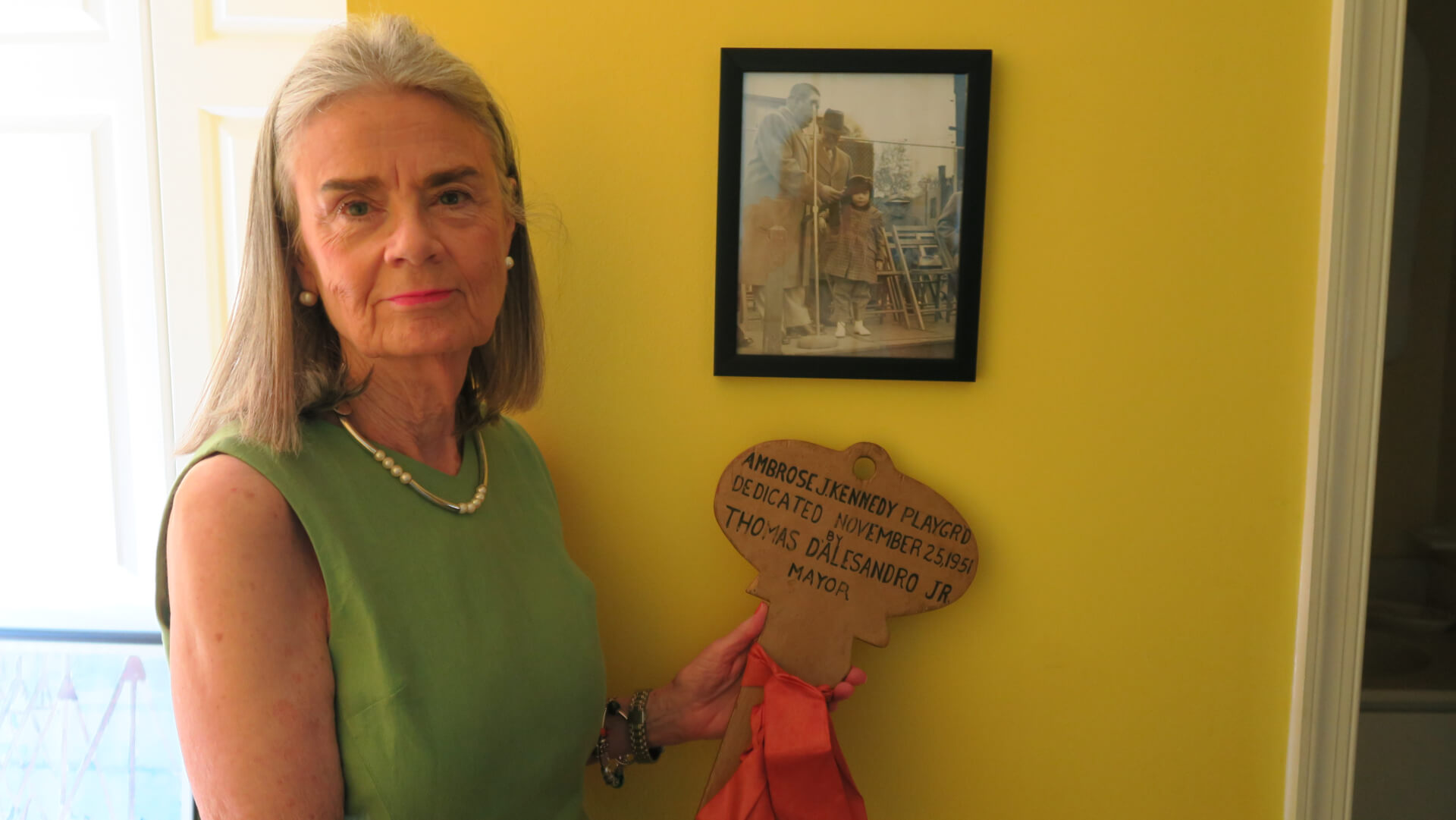
Cara Erskine, granddaughter of the late congressman Ambrose J. Kennedy, in her Timonium home with a photograph of the 1951 dedication of a park in her grandfather’s name, along with a key to the city given to her by then-mayor Thomas J. D’Alesandro Jr. Photo by William F. Zorzi
Nowhere does the legislation mention the pool or naming it separately from the rest of the park. Nowhere does there appear to be any earlier mention of separating the pool from the park and naming each differently. And there was no mention of the pool at the park’s renaming ceremony last month, attended by the mayor, city and state officials.
Mayor D’Alesandro dedicated the new, fenced playground, in the heart of the once-mostly Irish Tenth Ward, to Kennedy’s memory on Nov. 25, 1951, 15 months after his death at 57.
It was no small investment. The playground then cost an estimated $209,000 – roughly $2.1 million in today’s dollars – and included an asphalt basketball court with two hoops, sliding boards, swing-sets, see-saws, climbing bars and a grass playing field.
D’Alesandro, who had served in Congress with Kennedy, was among a host of the city’s elected hierarchy – Democrats all – who turned out to honor him that gray and dreary day, among them, U.S. Sen. Herbert R. O’Conor, his lifelong friend and favorite son of the Tenth Ward, and City Councilman Ambrose J. Kennedy Jr., his son, who represented the area.
They had assembled to honor Kennedy the one-time elected official as much as Kennedy the late political chieftain. A son of Irish immigrants who spent his entire life in the Tenth Ward, he had risen in the party ranks to preside over the Hendricks Democratic Club, what was once, arguably, the most powerful in Baltimore.
The park seemed to be as much about Kennedy as it was a recognition of the political clout that the area, and its proud Irish population, had wielded collectively over the years.
Concerned about the park’s name change, Mac Kennedy said he e-mailed Councilman Leon F. Pinkett III, a Democrat from West Baltimore’s District 7, who is an acquaintance and sits on the Boys’ Latin Board of Visitors, but he never got a response.
Kennedy also said he e-mailed his City Council representative, Councilwoman Sharon Green Middleton, a Democrat from North-Northwest Baltimore’s District 6, who did call him. She apparently referred his query to Mayor Young’s office, which in turn prompted Lester Davis’ call him, but he did not hear from the councilwoman again.
“It’s just sort of galling,” Kennedy said, “I know it’s no longer the old Tenth Ward, no longer an Irish neighborhood, but there’s still some history there.”
Nearly 68 years ago, D’Alesandro gave Kennedy’s granddaughter, M. Cara Erskine, then not quite 5, an oversized, mock key to the playground’s chain-link fence during the ceremony.
Erskine is now semiretired, but she still has the “key,” and a photo of the presentation hangs on her wall to commemorate the day.
She was so upset by the name change that she wrote a letter to Young, with copies to Stokes and Councilwoman Mary Pat Clarke, the 14th District Democrat who seconded a favorable motion on the legislation June 13, 2018, in the Council’s Judiciary and Legislative Investigations Committee.
“I just outlined everything about the removal of the name,” Erskine said.
She then read from her letter to City Hall:
“It was my hope that you truly understood my displeasure and that of my Kennedy cousins that this is an action that is not only disrespectful, but destroys our grandfather’s legacy. With that thought, it is my sincere hope that we can discuss a suitable resolution to this challenging situation.”
She has yet to receive a response from any of the three.
“I guess it’s just the end of an era,” Erskine said. “When I first sent that e-mail to all my cousins, they all just said it was sad. Everybody’s response was, ‘It’s sad that it happened,’ and I think that’s still everybody’s feeling.”
As for the city government, she said, “I wonder if they want the key back?”
Click here to read our original story about the park, the neighborhood and Ambrose Kennedy.
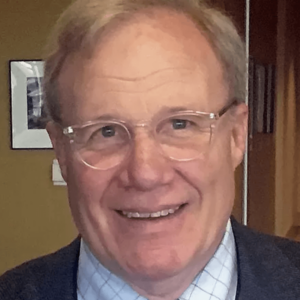
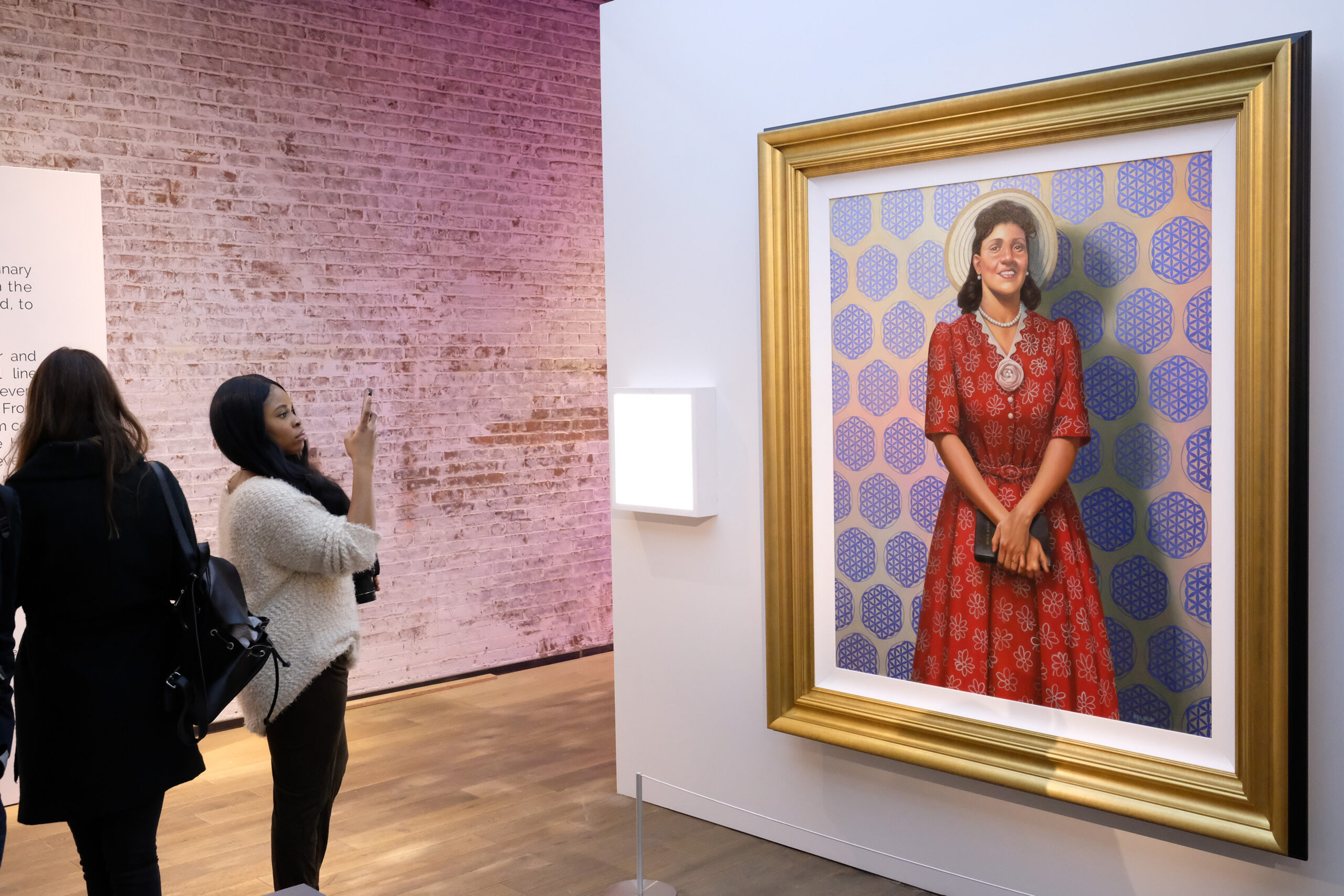
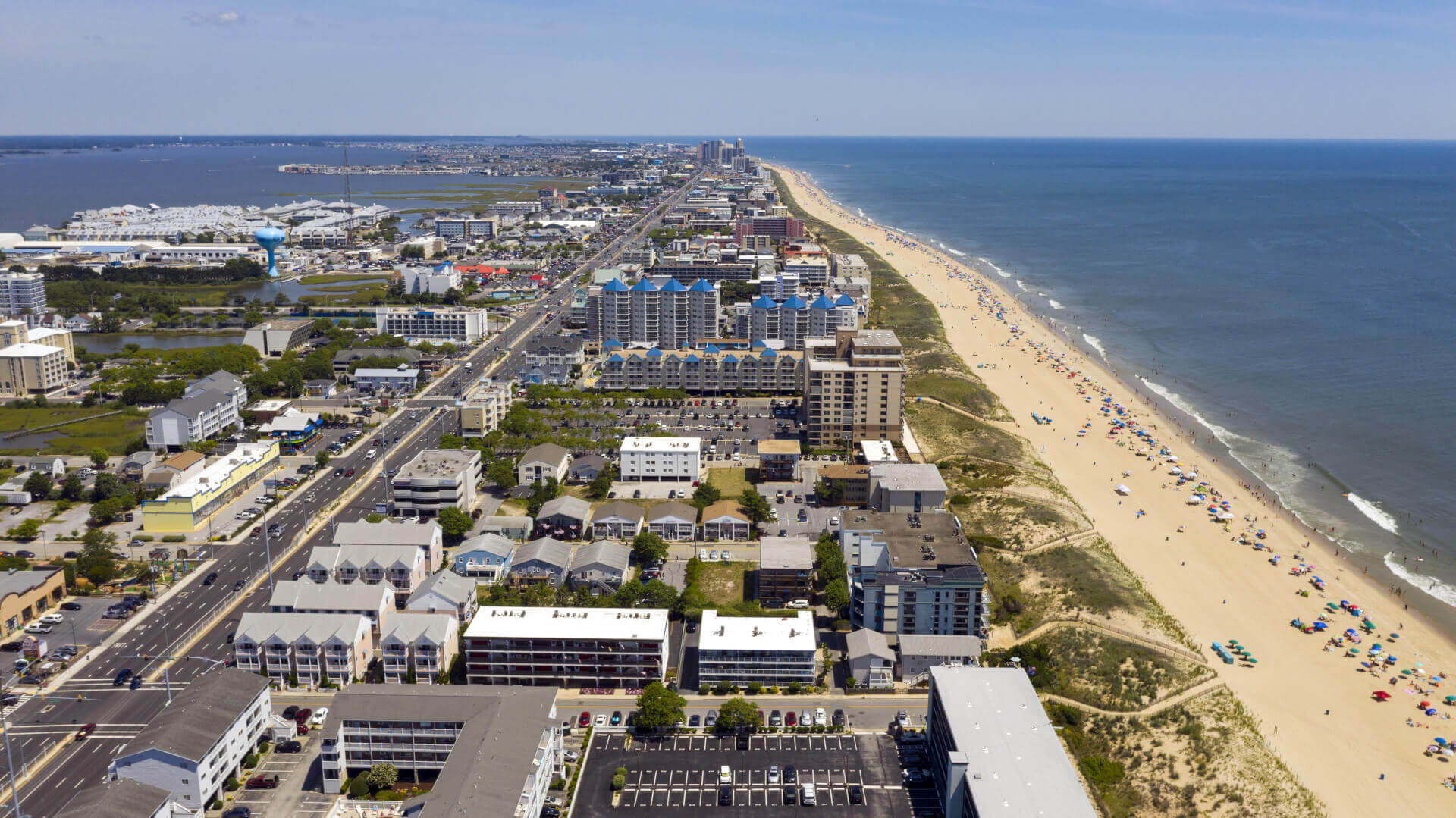
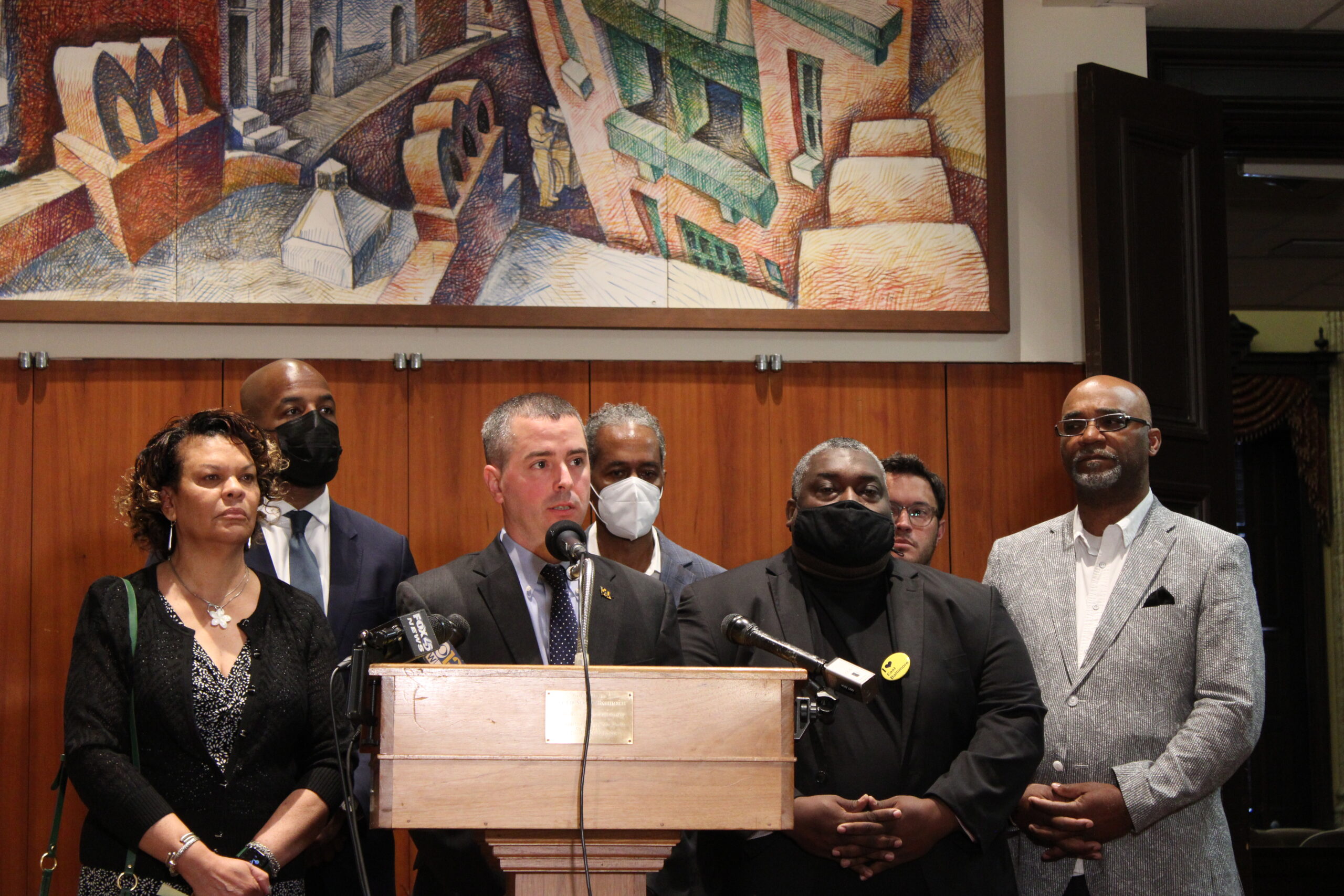
 Creative Commons Attribution
Creative Commons Attribution